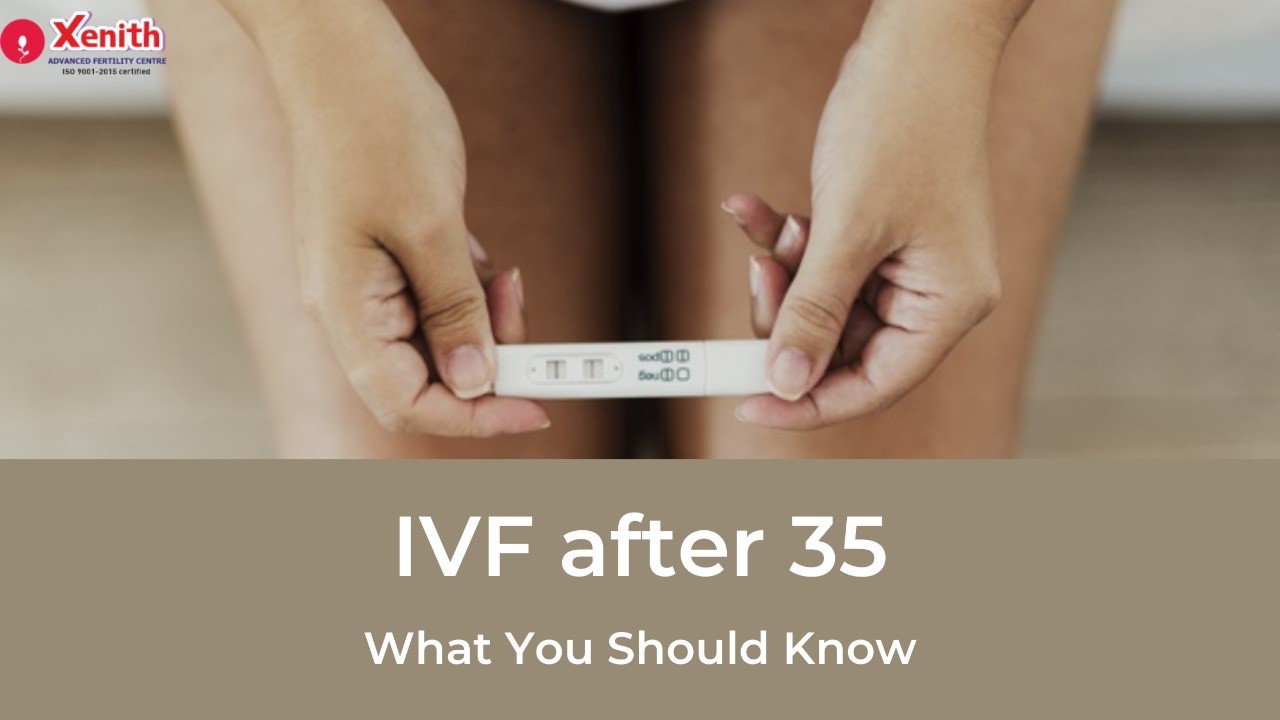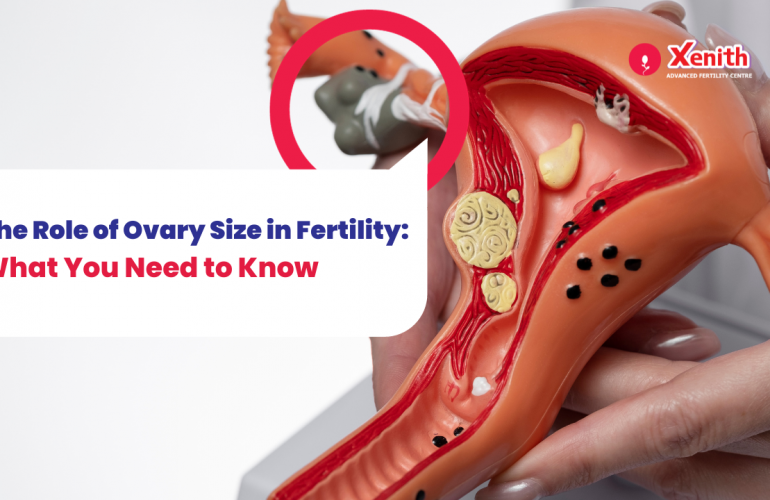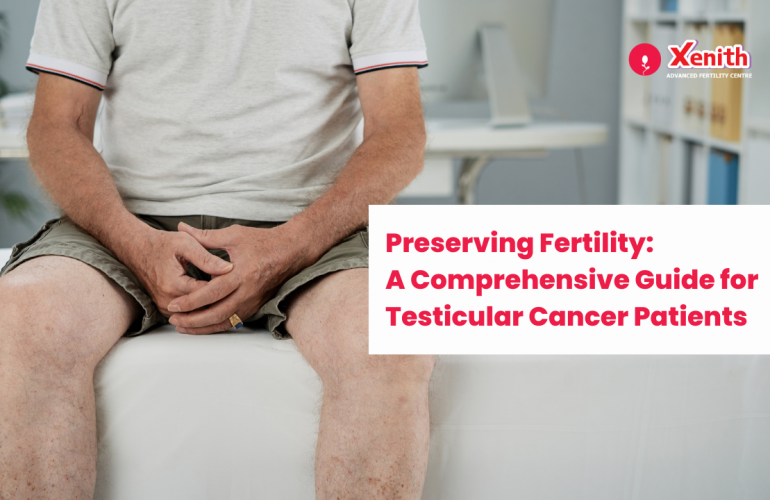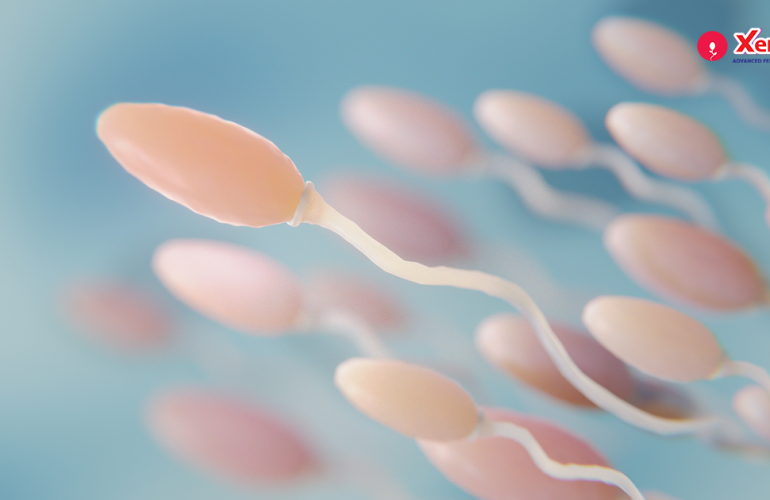IVF After 35: What You Should Know
Many women choose to get married after the age of 30. Many couples choose to have children after enjoying a few years of marriage as a couple. Perhaps these couples have crossed their mid-thirties without realizing how time has flown. Or perhaps they’ve already had a child and are finding that getting pregnant is not as easy the second time as it was the first time. For whatever reason you find yourself at this stage in life, 35 and over, and seeking assisted reproductive technology (ART), there are a few things you should know.
IVF is not the first choice and may not be needed
First we want you to know that is possible to get pregnant even at the age of 35. However, your chances of getting pregnant begin to decline as age advances. Even at the age of 40 about 1 out of every 10 women can still get pregnant in any single menstrual cycle. But there is a good chance that many women need help in reproduction if they are at a maternally advanced age (that’s medical terminology for a woman who is 35 and over). However, what holds true for Caucasian women may not always hold true for Indian women, as it has been seen that Indian women tend to have a lower fertility potential compared to age matched Caucasian women.
If you are maternally advanced and have been actively trying to get pregnant for 6 months or more, we would recommend you visit our fertility clinic. Not all maternally advanced women need to go through IVF to get pregnant. There could be other issues involved that can be easily resolved through medication or minor surgery. Once those issues are resolved it is likely that you may be able to conceive naturally.
There is no way to increase fertility but you might be able to beat the odds
At puberty, a woman has about 300,00 to 500,00 eggs (believe it or not, but it’s true! Only about 300 out of these will become mature). By the time a woman reaches her 30 that number has reduced drastically. It’s not just the decline in the number of eggs. With advancing age, the ovaries become less effective at producing mature, healthy eggs. By the time a woman reaches menopause there are no viable eggs left in either of the ovaries. So unfortunately, having children in your thirties is a race against time.
With that said if you have maintained a healthy weight, have consistently followed a regular exercise plan – you might be able to beat the odds and conceive naturally. Aim to be as healthy as possible before pregnancy and quit any bad habits that are harmful to health, such as smoking and eating junk food.
There are risks to a later pregnancy
Most women, even after 35, will have a healthy pregnancy and delivery. But, having a baby later on in life can come with some complications and risks. For example, older women who have high blood pressure before pregnancy may be at increased risk of preeclampsia. The risk of miscarriage has been linked to age. Older women are more likely to have a miscarriage than younger women. The risk of ectopic pregnancy and stillbirth were also higher with the advancing age of the mother.
Your husband’s age matters, too
Male fertility also declines with age though not as significantly because men continue to make sperm from puberty to a ripe old age with some men fathering children well into their 70s. But sperm quality declines with age. Studies show that conception may be 30% less likely when your husband is more than 40 years old when compared to when he was a 20-year-old man. The chances of abnormality in sperms also increases with age.
Consider a fertility evaluation if …
If you are 35 and older and are experiencing difficulty getting pregnant even after 6 months, come visit us for a fertility evaluation. One of the first things we will look for is your ovarian reserve – how many eggs are left in the ovaries and if the eggs are viable — able to achieve pregnancy. Hormone testing will help us assess egg reserve along with an ultrasound. We will then discuss with you the various options you can explore to achieve pregnancy – both naturally and through the IVF treatment.




